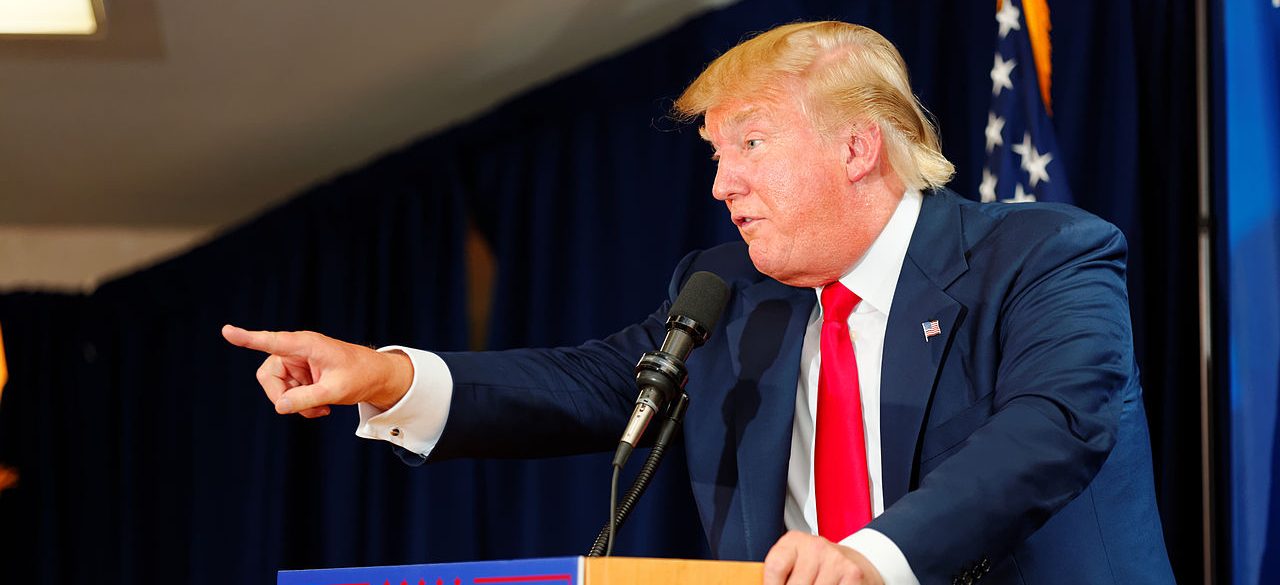THE new era of protectionism, marked by the United States’ withdrawal from the landmark Paris Accord on climate change, will make things worse in the coming years. The move follows weeks of arguing within the administration and ally countries, both for and against the pact. Unfortunately, the brunt of this will be faced by our future generations.
The Paris Climate Agreement which was adopted in 2015 by 195 nations, with 147 ratifying including the United States, the world’s second largest greenhouse gas emitter. Withdrawing flies in the face of the spirit of the landmark climate agreement and denies the basic physics of climate change. Trump resisted calls from world leaders, Fortune 500 companies, environmental groups, scientists, civil society, and even voices within his administration urging him to stay in the agreement.
Leaders from around the world maintained a defiant front after President Trump announced the withdrawal of United States from the Paris Agreement. The leaders of France, Germany and Italy said in a joint statement that they regretted the United States’ decision to withdraw from the accord, but affirmed”our strongest commitment” to implement its measures and encouraged”all our partners to speed up their action to combat climate change.”, but they rejected his suggestion that the deal could later be renegotiated. The similar response followed from India, Japan, Canada, and the UK among others.
Paris Accord presents an opportunity for Gulf nations to lead way in climate change as temperatures soar. There is regained momentum build on as the world leaders making stronger commitments after Trumps decision. The agreement will help incorporate climate sustainability integrally into the national development agenda, setting more common ambitious targets but differentiated responsibilities approach combined with technological breakthroughs will open new avenues for action and lowering costs.
The challenge and opportunity in Paris Agreement will help Gulf States to play an important leadership role in the region to unify countries to see the issue as a threat to local and regional stability, economic security and human well-being.
With open and constructive dialogue with private and public sectors, partners and stakeholders will facilitate the building of strong and innovative partnerships to create solutions that benefit the present and future generations. We see more solar plants opening, more energy efficient buildings and hybrid and electric cars. This opens as major benefits for the Gulf States to grow economy and diversify away from oil, human health and well-being will improve and new economic sectors and jobs will be created.
US withdrawal from the Paris agreement is a dangerous, irresponsible, immoral and alien to the US principles of global cooperation. This not only will affect American interests, but also jeopardise the global ‘common interests’. Gulf States and the rest of the Countries in the Paris Accord must take stand with those most vulnerable to climate change, people living on low-lying land, in areas of extreme heat, or in extreme poverty.


Recent Comments